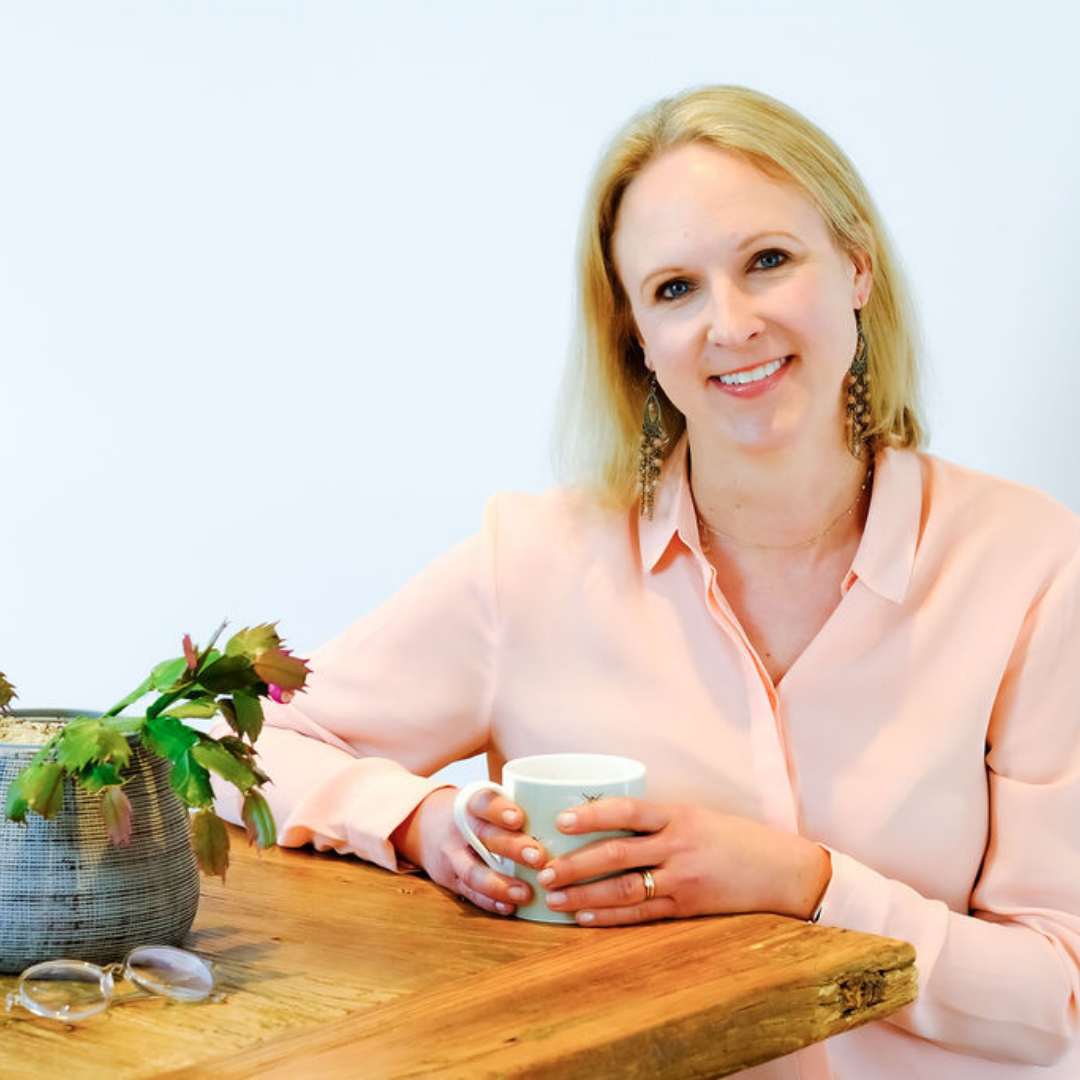Refocus your major donor fundraising.

Major donor fundraising isn’t about that one big gift. It’s about all the small steps along the way that build great relationships. Those small steps mean you can better understand your donors, and move you to a position where they are inspired and want to give that big gift.
But you’re busy.
And sometimes we don’t do the small actions that can make the biggest difference.
I’m going to share some simple, practical tips you can put into action within a few minutes, to improve your major donor fundraising. From updating your email signature to googling your own charity cause area, read on to find out how Small actions can make a big difference ⚡️
There are 3 parts, with 3 checklists you can work through at your own pace:
PART 1: Small action; big difference ⚡️
Imagine the situation when:
- You get an email and you then want to have a real conversation, rather than email back.
- You scroll down the email chain and you can’t find a phone number for the person.
- You eventually find a number and it’s a landline.
- No one picks ups and it goes to voicemail – the voicemail’s out of date and you wonder if anyone’s checking this number, so you don’t leave a message.
- You go to the organisation’s webpage to find a central number.
- That number rings out.
I am in this situation frequently. My role involves working with fundraisers and CEOs across hundreds of different organisations. I’ve found it almost impossible to get through to some on the phone, and even heard a voicemail from someone’s predecessor who left months before.
The thing that worries me is not that it might take me a while to get through to someone, it’s:
What if I was a major donor, or a potential major donor?
What if I’d received a report or an email update and I wanted to SPEAK to someone.
What if I wanted to give a gift…?
PART 1 Checklist- Small action; big difference ⚡️
⬜ Is your email signature set up to be on every external email (not just that first one of the chain) with a phone number for YOU
⬜ Call the numbers on your email signature – what are the voicemails, do they need updating?
⬜ Search for a phone number on your website and call it. Does it get answered in working hours? Is there a voicemail for out of hours?
⬜ Who is checking your charity’s central voicemails and how often? If this is another team, do they know to contact you if the person/query is major donor related?
PART 2: Small action; big difference ⚡️
One of the questions I often get asked is how to find “new” major donors that a charity can then approach. I understand why some causes focus on this.
However, many high-net-worth individuals are out there, looking at how they can make a difference to the problems they care about. Some will proactively research organisations that they could support.
- A small international development charity I’m trustee for was contacted by a high-net-worth businesswoman; her assistant had discovered the charity’s and the impact it was making through online research. They have since met and are discussing what a gift might look like.
- A fundraiser I was coaching was contacted by a “cold” donor, who wanted to discuss the difference a £500,000 gift from him would make.
- Mackenzie Scott’s team did research on hundreds of organisations, many very small, front-line causes, when she gave away $4.2billion in 4 months in the pandemic.
When first working with charities, I’ll often want to read their impact report – I’ve been on a charity’s site for more than 10 minutes before, unable to find it.
How easy is it for potential donors to find your charity and the information that they quickly want to review?
Part 2 Checklist- Small action; big difference ⚡️
⬜ Google your cause area e.g. refugee support – how easy is it to find your charity in the search results?
⬜ Use the search function on your charity’s website – how many clicks does it take to find your annual report and impact report?
⬜ How visible are your charity’s leadership team on your site? Check this by using the search function for CEO or Board.
⬜ If you do not have a diverse leadership team and Board, are you clearly stating the EDI work you’re doing to improve? You are putting so many potential donors off if you have a non-diverse Board or senior team, particularly with no explanation of if and how diversity is a priority for your charity.

Louise Morris is the Founder of Summit Fundraising. She is a major donor fundraising specialist and has worked with over 200 charities helping them raise large gifts.
PART 3: Small action; big difference ⚡️
Securing conversations with existing and potential major donors is one of the most challenging and rewarding parts of major donor fundraising. It’s essential for success – the charities I work with that build more relationships and ultimately raise more, have more meetings.
But it’s not that straightforward.
Our donors are busy.
They might not have met us before.
They might agree to have a conversation and then it all goes quiet – actually getting a date in the diary becomes a real challenge.
Anyone who’s had a virtual chat or a coaching session with me will know I use a free tool called “Calendly” so people can arrange their sessions. I also use it when interviewing philanthropists – it saves them time and it means they can at a glance, find a time to meet with me that suits their schedule. They can also decide with it, how they want to meet e.g. Phone, Zoom, or in person.
I LOVE a lot of control over my diary!
But I haven’t had to relinquish that to make it easy for other people and to have more conversations.
I’ve set it up with specific parameters:
- every Wednesday there are times in the afternoon and early evening for coaching sessions.
- I keep all of Tuesday mornings and Friday’s free from these meetings.
- And if I’m interviewing a number of philanthropists and trustees for a consultancy project, they will have access to specific dates within the project timings.
Part 3 Checklist- Small action; big difference ⚡️
⬜ Why not investigate a free tool like calendly? Set it up and book a meeting in with yourself to gain confidence in how it works!
⬜ Next time you’re sending an email to try and secure a meeting with a major donor or funder, include the link for them to book a time.
It demonstrates you’re trying to make it easy and simple for them, and most importantly it can make the difference between email ping pong with dates (that then goes quiet) and actually getting that vital conversation.
Let me know how you get on with the checklists, I’d love to hear! If you want to explore support to raise more large gifts through your major donor fundraising book a virtual catch-up here.

Louise Morris is the Founder of Summit Fundraising. She is a major donor fundraising specialist and has worked with over 200 charities helping them raise large gifts.
